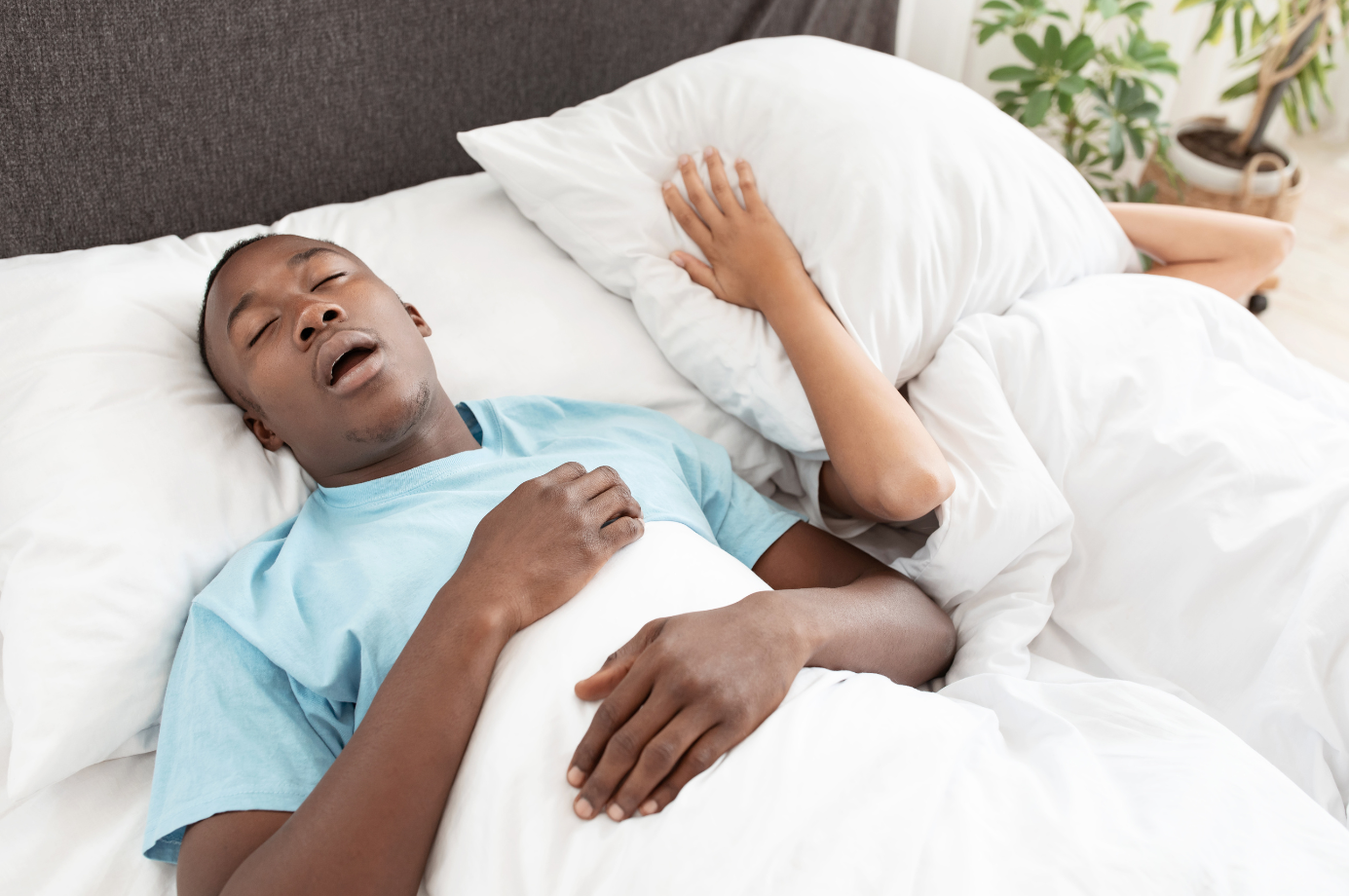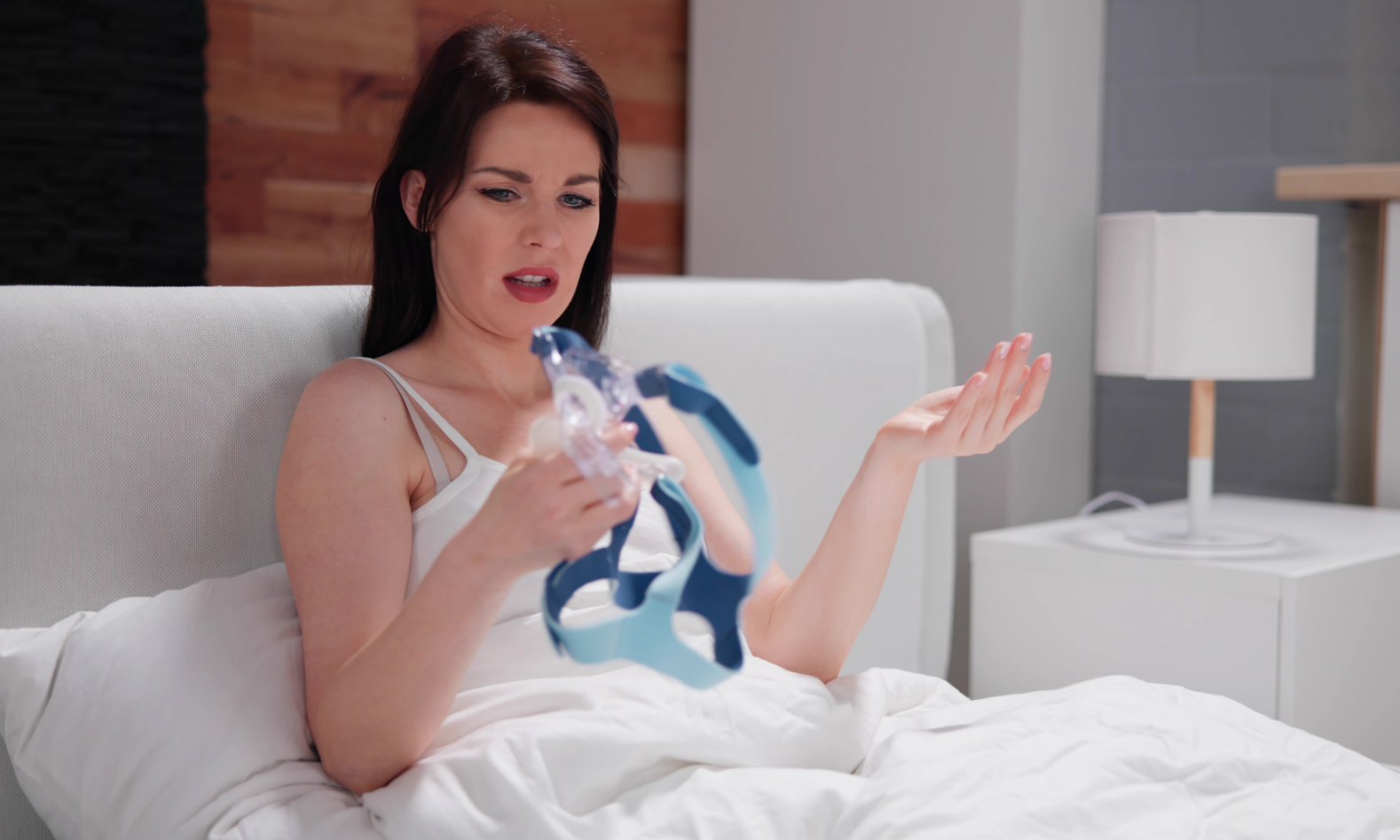Snoring is often seen as a minor nuisance, but what if it’s a sign of something more serious? If you or a loved one snores regularly, it’s important to take a closer look at the potential causes.
Sweet Dreams Connecticut explains that snoring could be linked to a more severe condition called sleep apnea, which can have long-lasting impacts on your health. Fortunately, dental sleep medicine offers effective solutions to improve your breathing and overall well-being.
What Causes Snoring?
Snoring occurs when the airflow through your throat is partially blocked, causing the surrounding tissues to vibrate. It can be triggered by various factors such as:
- Obstructed Nasal Airways: Allergies, colds, or sinus infections can cause snoring
- Relaxed Muscles: As you sleep, the muscles in your throat and tongue relax, which can sometimes cause partial airway obstruction
- Obesity: Carrying extra weight, particularly around the neck, can narrow your airways, increasing the likelihood of snoring
- Sleep Position: Sleeping on your back can cause your tongue to fall backward, obstructing your airway and causing snoring
According to sleep medicine dentist Dr. Laura Miller snoring itself is often harmless. However it can be a sign of a more severe condition known as obstructive sleep apnea (OSA). OSA causes your breathing to stop and start repeatedly during sleep, reducing oxygen levels in your blood and increasing the risk of several health problems.
The Connection between Snoring and Sleep Apnea
Sleep apnea is not just about snoring. People with sleep apnea experience episodes where they stop breathing for brief periods, sometimes up to hundreds of times a night. This interrupted sleep can lead to:
- Daytime Fatigue: Without proper sleep, you may feel tired and less alert during the day.
- Heart Problems: Sleep apnea increases the risk of high blood pressure, heart disease, and stroke.
- Diabetes: People with sleep apnea are at a higher risk of developing insulin resistance and type 2 diabetes.
How Dental Sleep Medicine Can Help
Dental sleep medicine offers non-invasive, effective solutions for treating snoring and sleep apnea. One of the most common treatments is a custom-fitted oral appliance that helps keep your airway open while you sleep.
This device works by gently repositioning your jaw or tongue to prevent airway collapse. Unlike a CPAP machine, which requires a mask, these oral appliances are comfortable, discreet, and easy to wear.
Dr. Laura Miller specializes in helping patients find relief from snoring and sleep apnea using dental sleep medicine. By working with a specialist like Dr. Miller you can get a personalized care and a treatment plan that fits your needs. Not only will this improve your sleep, but it will also safeguard your overall health.
Take Control of Your Sleep Health
With the right care and treatment, you can enjoy restful nights and better health. While snoring may seem like a small problem, it can lead to more severe health issues.



